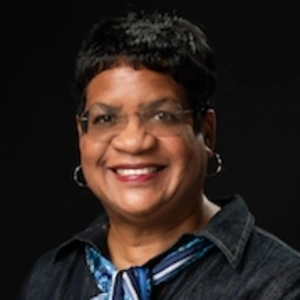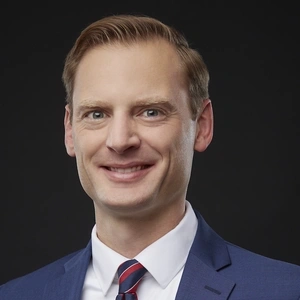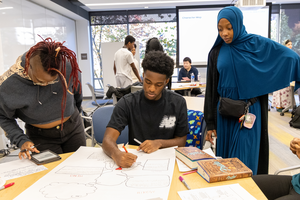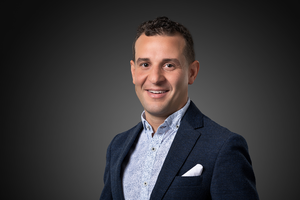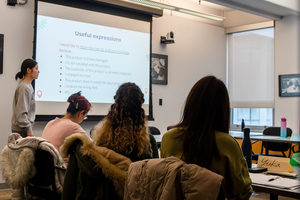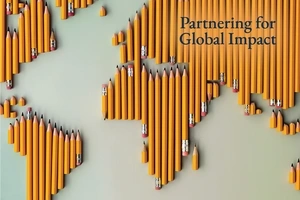Faculty Expert
-
Diane Waff
Director Emeritus of the Philadelphia Writing Project
-
Zachary Herrmann
Senior Director of Strategic Initiatives
Learning, Teaching, and Literacies Division

Educators and experts can create innovative lessons and advance public policy when they join forces. In that spirit, teachers, thought leaders, students and advocates are meeting more regularly and with a new sense of urgency to focus on environmental education.
Penn GSE’s Philadelphia Writing Project (PhilWP) recently partnered with the Teachers Institute of Philadelphia and Penn Museum to host the annual Celebration of Writing and Literacy conference Oct. 16-17. The theme this year was “Teaching Environmental Justice.”
More than 130 participants from the region came together during the two-day gathering to share best practices for teaching climate science and environmental justice.
At a time when the effects of climate change and environmental contamination are on the rise, particularly in poor communities and communities of color, educators are looking for actionable resources, noted organizers Diane Waff and Edward Epstein.
In some schools and districts, particularly those in urban areas, climate science and environmental racism are polarizing topics. Educators often need added support to create engaging lessons, they explained.
“Teachers were able to share their thinking, their challenges, and their successes working with students,” Waff and Epstein said. “Participants heard from members of university faculty, nonprofits, and schools of all types and grade levels. We anticipate that their interactions will spur the development of new ideas and new partnerships.”
Waff – a Practice Professor at Penn GSE and PhilWP’s director – and Epstein – an alum and director of the Teachers Institute – emphasized how writing plays a critical role in designing a curriculum, accessing content and promoting awareness.
Keynote speakers included world renowned environmental scientist Michael Mann, a Penn Presidential Distinguished Professor and author of “The New Climate War,” and Jerome Shabazz, founder and executive director of the Overbrook Environmental Center.
Participants also had the opportunity to see environmental education in action. After sharing insights on local ecological issues, featured session leader Scott Quitel, CEO of the Land Health Institute, led a tour around Penn Park and the Schuylkill Banks. The walk highlighted experiential learning, with Quitel pointing out how local environmental plans, such as planting trees and using AstroTurf, affected the watershed and temperature.
PART OF A GROWING TREND
The theme of Climate Justice is gaining momentum in education. In addition to the conference, Penn GSE's Center for Professional Learning, for example, recently introduced a new project-based learning program to equip teachers with the knowledge and skills necessary to design projects and curricula. The interdisciplinary certificate draws from GSE faculty and expertise across Penn, including Wharton and the School of Arts and Sciences.
Launched earlier this fall, the program has attracted educators from 20 countries on five continents, according to the center’s executive director, Zachary Herrmann.
"Our work is a real, tangible way that Penn GSE is engaging in this much broader, critical effort," Herrmann said. “This program is a great example of Penn GSE’s innovation and global impact. I think it’s going to emerge as one of our flagship programs here at the Center for Professional Learning.”
An adjunct assistant professor, Herrmann was recently named a faculty fellow for the Penn Environmental Innovations Initiative, which falls under the university’s Office of the Provost.
